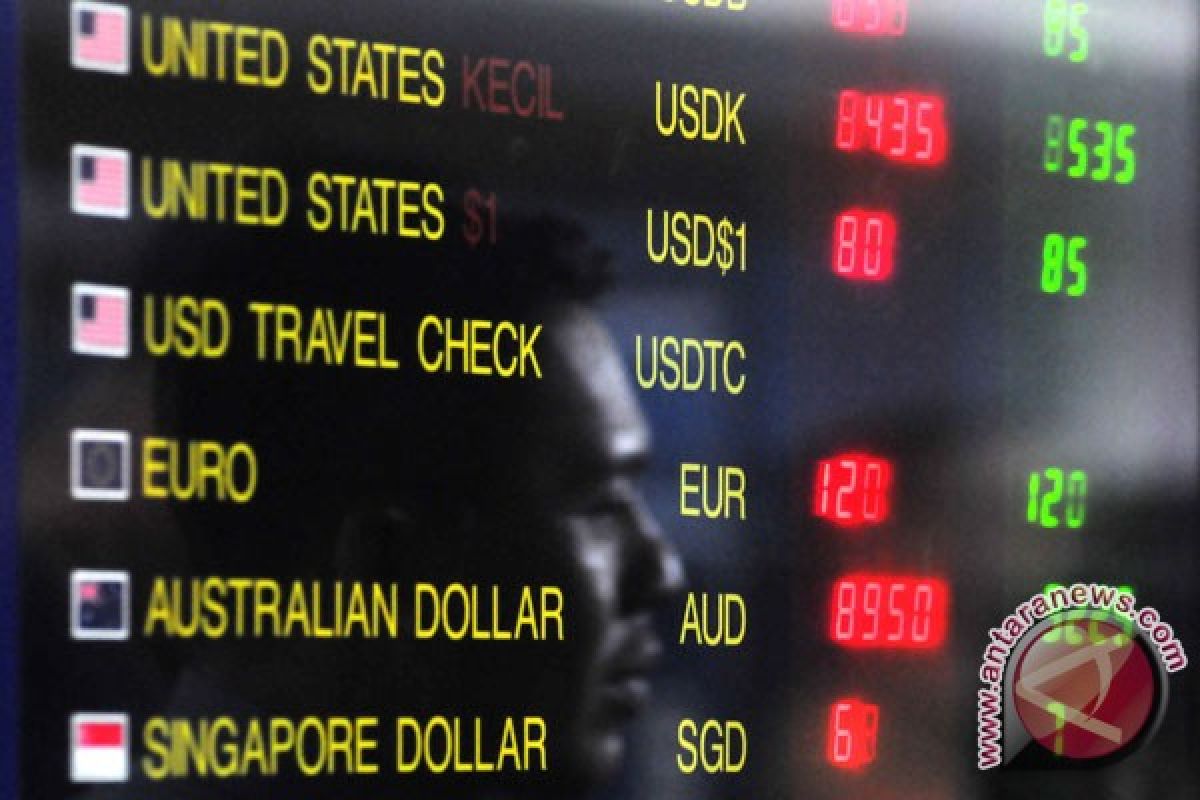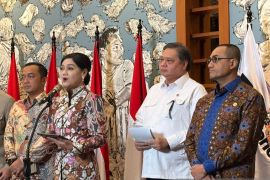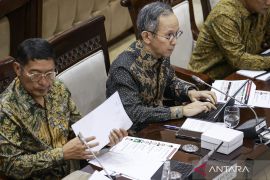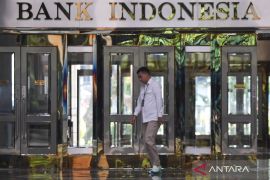"...the current account deficit is predicted to drop to a safe level for national economic stability."Jakarta (ANTARA News) - Bank Indonesia is watching the country`s rising current account deficit following a slowdown in exports caused by a decline in global economic performance and increasing imports to meet strong domestic demand.
The executive director of the central bank`s department of strategic planning and public relations, Dody Budi Waluyo, said here on Thursday Bank Indonesia kept strengthening policies to boost external balance so that the current account deficit would remain on a sustainable level.
"Bank Indonesia will maintain the rupiah exchange stability in line with the fundamental conditions to support the external balance," he said.
The central bank would also continue to coordinate with the government in managing the domestic demand so that it would remain in line with efforts to maintain macro-economic conditions and national economic growth sustainability, he said.
With the policies pressure on the balance of payment is predicted to drop again in the second semester this year, he added.
Budi Waluyo said Bank Indonesia predicted the current account deficit would rise in the second quarter but would drop in the second semester this year.
He said the rise in the current account deficit was mainly caused by low exports while imports especially of raw materials and capital goods increased sharply.
Capital and financial transactions meanwhile had recorded a significant surplus in the form of direct investment, foreign portfolio investment and withdrawals of foreign debts by the private sector.
The developments, Budi said, showed that while global economic conditions were still uncertain foreign investors` confidence in the country`s economic resilience and prospects remained high.
"In the second semester of 2012, the current account deficit is predicted to drop to a safe level for national economic stability," he said.
He said the prediction was based on expectations that global economic conditions and commodity export prices would improve supported by policies made by Bank Indonesia and the government.
He said investment of capital goods import activities that have grown fast recently were expected to be able to increase the capacity of domestic economy to reduce dependence on imports in th future.
Regarding the banking system Budi Waluyo said it continued to remain stable with its intermediary functions to be stronger to support economic financing.
The performance of banking industry is solid reflected by high capital adequacy ratio at minimally eight percent and non-performing loans that have been kept below five percent.
He said the intermediary role of banks kept improving reflected by credit growth that reached 25.8 percent by the end of June year-on-year.
Investment credits have also grown quite high at 29.1 percent year-on-year and they are expected to be able to increase the economic capacity, he said.
Budi Waluyo said working capital and consumer credits meanwhile grew 28.2 percent and 19.6 percent respectively year-on-year.
(Uu.H-YH/A014)
Editor: Priyambodo RH
Copyright © ANTARA 2012












